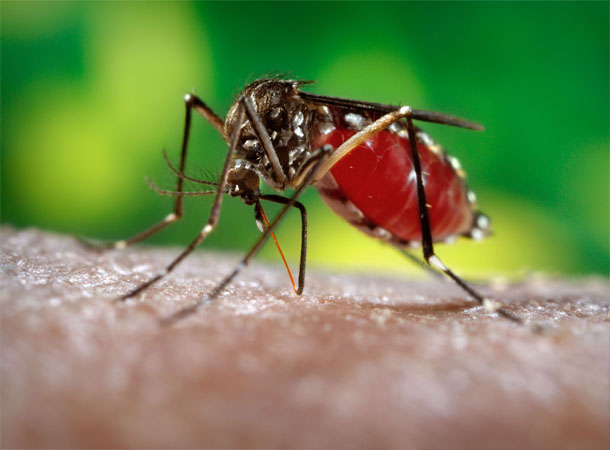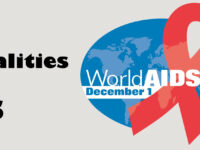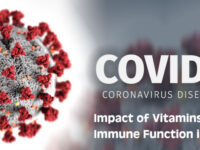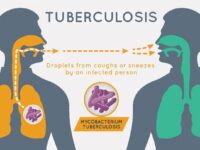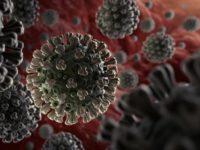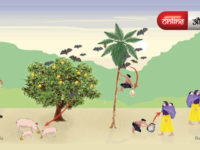Malaria
Malaria is a serious and sometimes fatal disease caused by a parasite that commonly infects a certain type of mosquito which feeds on humans. People who get malaria are typically very sick with high fevers, shaking chills, and flu-like illness. Four kinds of malaria parasites infect humans: Plasmodium falciparum, P. vivax, P. ovale, and P. malariae. In addition, P. knowlesi, a type of malaria that naturally infects macaques in Southeast Asia, also infects humans, causing malaria that is transmitted from animal to human (“zoonotic” malaria). P. falciparum is the type of malaria that is most likely to result in severe infections and if not promptly treated, may lead to death. Although malaria can be a deadly disease, illness and death from malaria can usually be prevented.
Protecting yourself from mosquito bites is one of the ways to keep yourself safe from malaria.
7 Malaria prevention tips.
If you are travelling to malaria-prone areas, follow these malaria prevention tips as recommended by Dr Limin Wijaya, Consultant, Department of Infectious Diseases, Singapore General Hospital (SGH), a member of the SingHealth group.
a) Take the right type of anti-malarial medicines for the country you are travelling to. The choice of anti-malarial prevention tablets will also need to take into account your medical history, age and other concurrent medications. You must take them daily or weekly, depending on the medication choice, prior to travel and upon return from the malaria area.
b) Protect yourself from mosquito bites by sleeping under an insecticide-treated mosquito net.
c) Wear socks, long pants, long-sleeve shirts and blouses.
d) Spray DEET mosquito repellent onto your clothes and the exposed parts of your skin.
e) Make sure the room doors and windows are closed properly and screened with gauze to prevent mosquitoes from getting in.
f) Spray the room with an insecticide before entering.
g) Pregnant women and young children should avoid travelling to malaria-prone areas.

